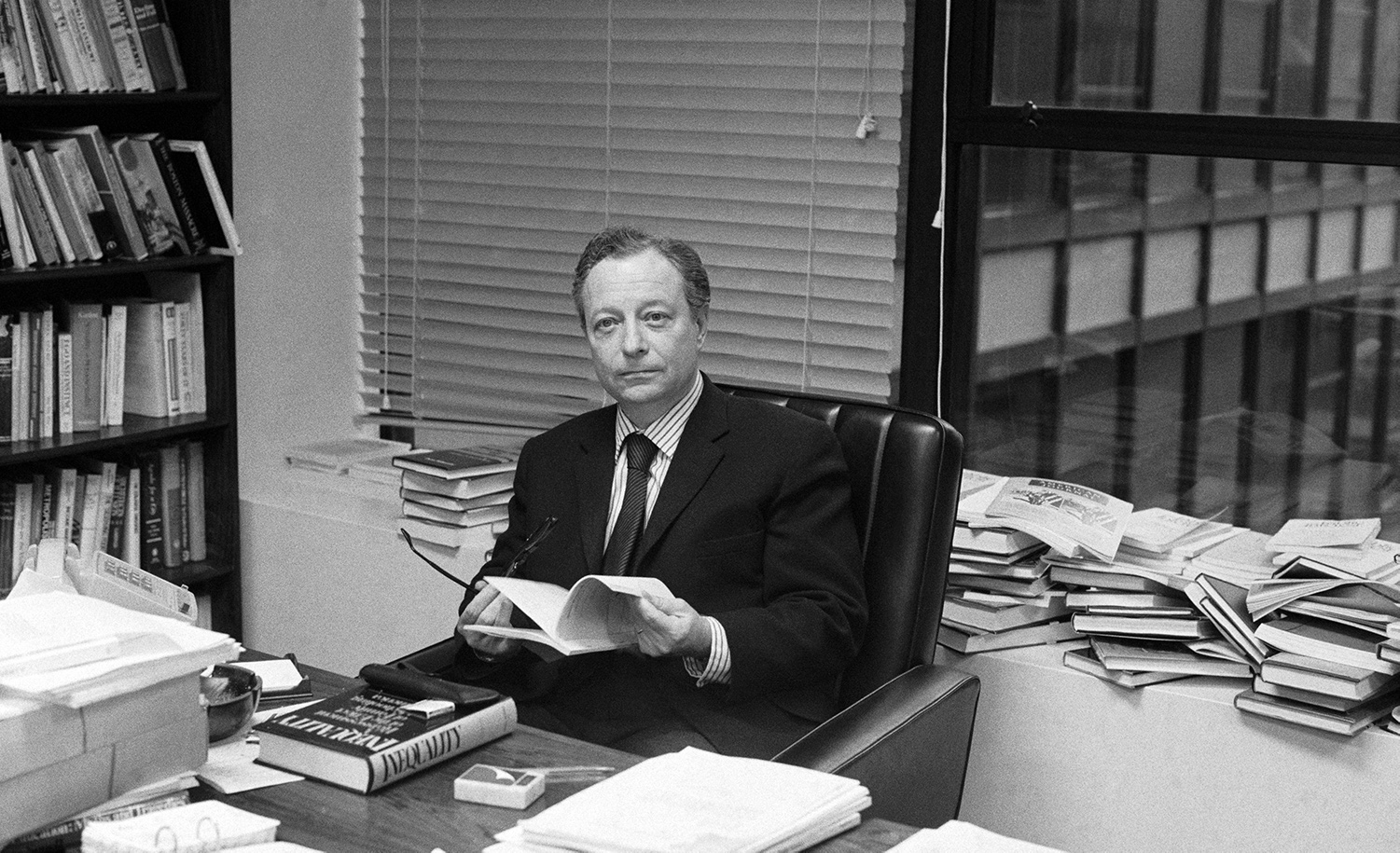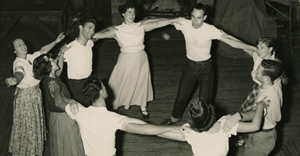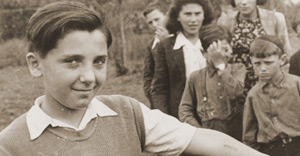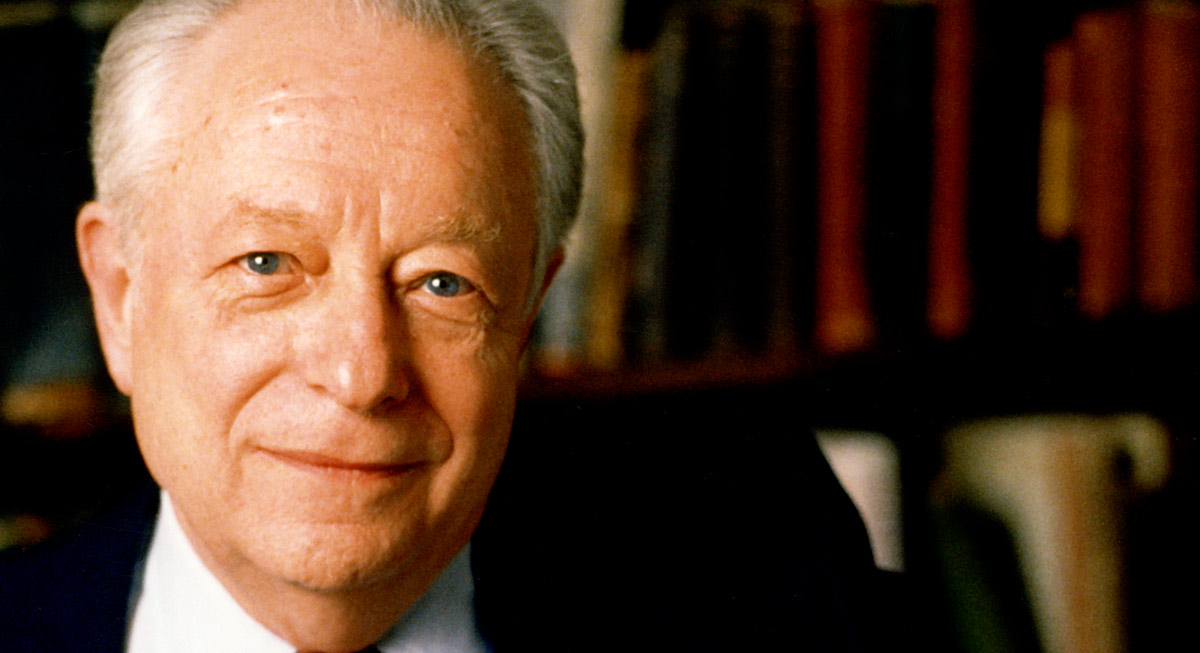Irving Kristol
Leonard Bernstein, the end of hip-Jew culture, and political stupidity.
“Yeah, like not every Jew is problematic, but the sad fact is that most are.”
A closer look at the movement’s birth.
The editor and writer joins us to talk about a figure whose watchwords were the very opposite of America’s present utopian fever.
The superiority of the rabbinic mode.
The great Jewish realist.
A manifesto for Jewish conservatism.
The rabbinic vs. the prophetic.
Irving Kristol, the so-called godfather of neoconservatism, is best known today for his political thought; but he was also deeply preoccupied with questions of religion.. . .
William Kristol, the editor of the Weekly Standard and a leading American intellectual, talks to a group of young Israelis about his Jewish upbringing, his. . .
American Jews are “secure” but lack “self-confidence.” So Irving Kristol wrote in 1991. Right then; right now?
In Kristol’s only published work of fiction, a guilt-ridden GI confronts an aggressive young Holocaust survivor.
A handful of Jews played key roles in helping William F. Buckley, Jr. found modern American conservatism. What set them apart from the mainstream of their coreligionists?
My late husband’s political views are well-known. His Jewish ones, less so. But they are at the root of everything.




